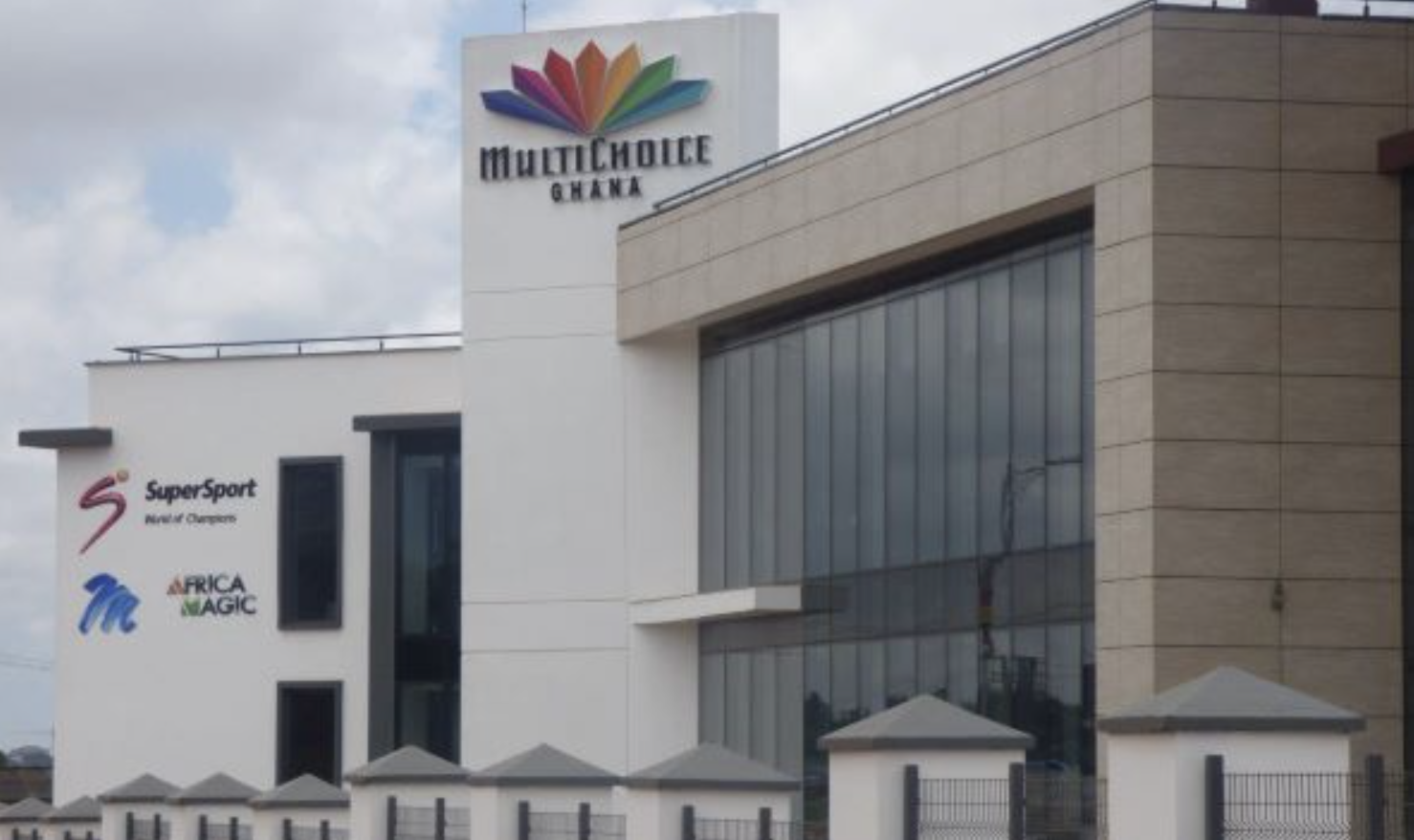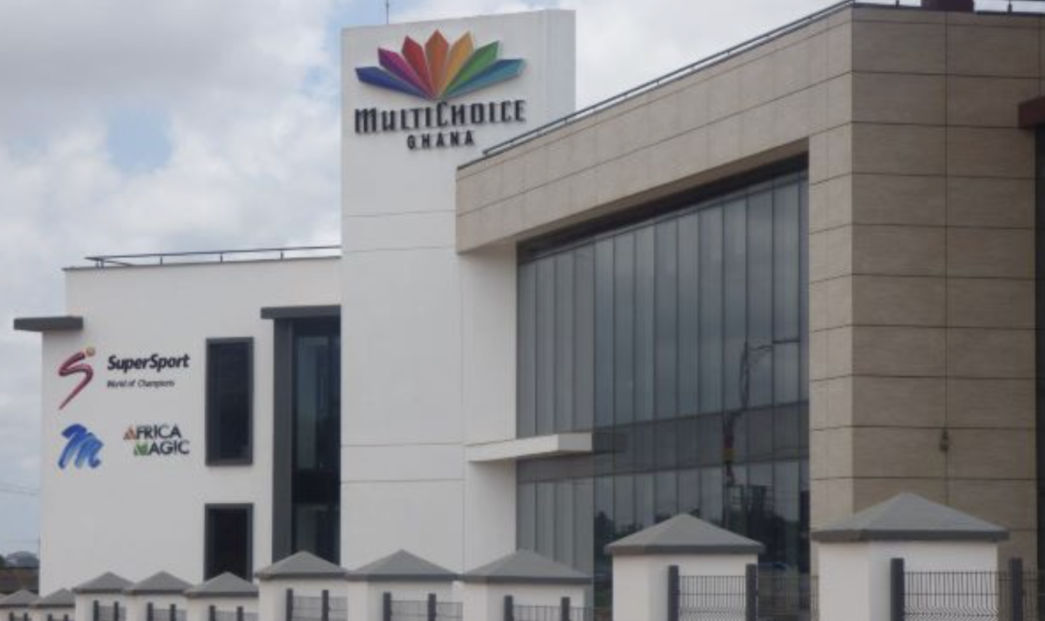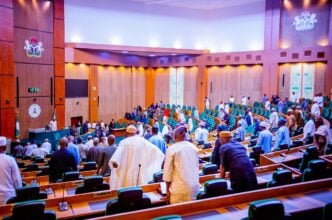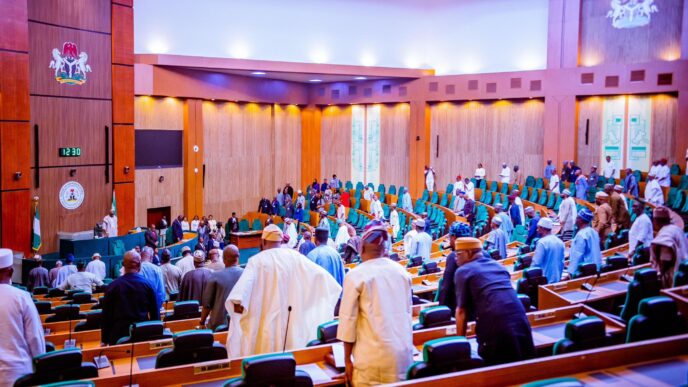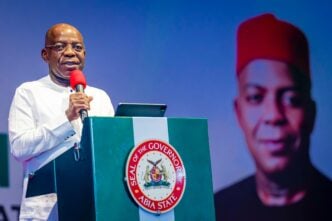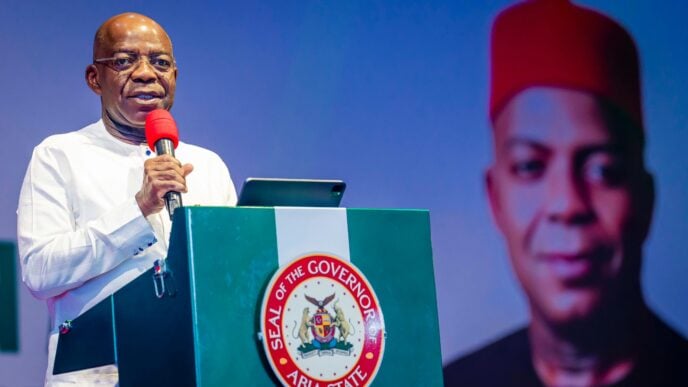A federal high court in Abuja has upheld the hike in DStv and GOtv subscription rates following a suit filed by MultiChoice Nigeria Limited against the Federal Competition and Consumer Protection Commission (FCCPC).
James Omotoso, the leading judge, on Thursday, said the FCCPC has no right to fix or suspend prices.
On February 24, MultiChoice officially announced an increase in the subscription prices of DStv and GOtv packages, with effect from March 1.
The announcement, coming nearly one year after the firm’s subscription rates were hiked, led to public criticism, forcing the FCCPC to intervene.
Advertisement
In response, the FCCPC directed the chief executive officer (CEO) of MultiChoice Nigeria to appear at its headquarters on February 27 for an investigative hearing to address the company’s planned hike in subscription fees.
Multichoice responded by saying the date was inconvenient and picked March 6.
The agency also asked the pay-TV firm to halt the subscription price hike pending the ongoing probe, however, MultiChoice proceeded with the price increase and instituted a suit on March 3.
Advertisement
The presiding judge had granted an ex parte order on March 12, temporarily restraining the commission from taking “any administrative steps” against MultiChoice Nigeria.
‘FCCPC NEEDS PRESIDENT’S BACKING THROUGH GAZETTED ORDER’
While delivering the judgement earlier today, Omotoso noted that while the FCCPC has investigative powers under its establishing Act, it lacks the authority to fix or suspend prices unless specifically delegated by the President through a gazetted instrument.
He said no such delegation was presented to the court.
Advertisement
“The power to fix prices is exclusively that of the President. Any decision taken without such delegation is a nullity,” he said.
The judge also said Nigeria operates a free market system, and service providers like MultiChoice retain the right to set their prices, with consumers free to accept or reject them.
Omotoso further ruled that FCCPC’s actions, including directing MultiChoice to suspend its price increase, breached the company’s right to a fair hearing and appeared selectively targeted.
He dismissed the FCCPC’s claim that MultiChoice held a dominant market position, calling the argument untenable.
Advertisement
“The use of services like those provided by the plaintiff is discretionary and not essential. Nigeria can do without it,” he added.
The judge also warned that attempts to fix prices by regulatory bodies could scare off investors and harm the economy.
Advertisement
He held that while the FCCPC may investigate market practices, it cannot impose price controls without proper legal backing.
Also, Omotosho said the suit by MultiChoice constituted an abuse of court process as similar proceedings were already pending elsewhere.
Advertisement
The judge stressed that the plaintiff should have pursued its arguments in that court, rendering the current filing procedurally inappropriate.
Advertisement
